Technology Secretary secures agreement from telecoms firms to protect vulnerable customers as phone lines removed
Companies in charge of maintaining the UK’s internet and phone infrastructure have today agreed to new measures to protect vulnerable customers as their landlines are upgraded to a new digital network.
After serving the UK for over a century, the traditional landline network with its copper wires is facing retirement. By 2025, phone calls will be moving entirely to the internet. This digital switchover, backed by both the government and telecom companies, aims to modernize the ageing infrastructure. However, there are worries about a potential downside.
- Network operators commit to protecting vulnerable people using personal alarms, so they are not put at risk while their phone lines are upgraded;
- Openreach, CityFibre and Sky are amongst those who have agreed to the new measures, joining UK phone providers who signed up last year;
- It follows the Technology Secretary convening telecom firms after becoming aware of serious incidents occurring during the digital migration.
Seven network operators – including Openreach, CityFibre, and Sky – have signed up to new protections which will ensure people who rely on personal alarms to call for help are not left without a working device during the migration. Nearly 2 million people use these vital alarms in the UK.
The new measures agreed today include a commitment from network operators to take steps to ensure their customers’ lifesaving buttons continue to work and functioning alternatives are in place before any migration takes place.
It means the Technology Secretary has now secured agreement from the majority of the telecoms sector – from operators in charge of maintaining the network infrastructure all the way to internet and phone providers, including VMO2 and BT, who agreed to similar mitigations in December 2023.
The charter follows ongoing and active collaboration from telecom operators and is a positive step to make sure safety continues to be at the heart of the nationwide switchover – providing reassurance to vulnerable households.
Technology Secretary Michelle Donelan said:
“The safety of vulnerable customers comes before anything else and that’s why I called on the industry to listen to concerns and take action to make sure the right protections are in place.
“I welcome more telecoms companies joining forces to make this a priority, meaning we now have agreement from those responsible for our telecoms infrastructure and those providing mobile and broadband services.
“This will provide much needed reassurance to those relying on these vital devices and I will continue to pressure organisations to do everything in their power to make sure the switchover is seamless and safe.”
Other commitments agreed upon today include:
- Operators will have to work with partners, including internet providers, to check if their customers own a telecare device.
- Operators will provide at least 12 months’ notice to phone providers before enforcing the switchover of a customer and will jointly discuss suitable migration options.
- No telecare user will be migrated to a digital landline service without the provider, customer or telephone company confirming that they have functioning solution in place.
- Telecom operators will work with Ofcom, Government, and phone providers to create a shared definition of ‘vulnerable’ customer, so it is no longer dependent on the company and establishes an industry wide standard.
Digital Infrastructure Minister Julia Lopez said:
“When a person needs urgent medical attention, they must have confidence that their call for help will be responded to as quickly as possible.
“The recent incidents that left some people disconnected are unacceptable and must not happen again. The Technology Secretary and I are united in pressuring all those responsible to implement mitigations that meet the needs of the most at risk.
“I hope today’s agreement provides some peace of mind to those affected and reassures the millions of vulnerable people in our country that their concerns have been heard far and wide across the whole industry.”
Digital Infrastructure Minister Julia Lopez said:
“When a person needs urgent medical attention, they must have confidence that their call for help will be responded to as quickly as possible.
“The recent incidents that left some people disconnected are unacceptable and must not happen again. The Technology Secretary and I are united in pressuring all those responsible to implement mitigations that meet the needs of the most at risk.
“I hope today’s agreement provides some peace of mind to those affected and reassures the millions of vulnerable people in our country that their concerns have been heard far and wide across the whole industry.”
Today’s agreement will better protect those using personal alarms, known as telecare, which offer remote support to elderly, disabled, and vulnerable people – with many located in rural and isolated areas. The move represents a positive step by industry to make sure safety continues to be at the heart of the nationwide switchover and provides reassurance to vulnerable households.
Last year, UK phone providers agreed to new measures to protect vulnerable customers when upgrading phone lines to a new digital network with the Technology Secretary asking all providers not to force people to switch over until enhanced protections are in place. The agreement also meant vulnerable households would have better access to emergency services during power outages.
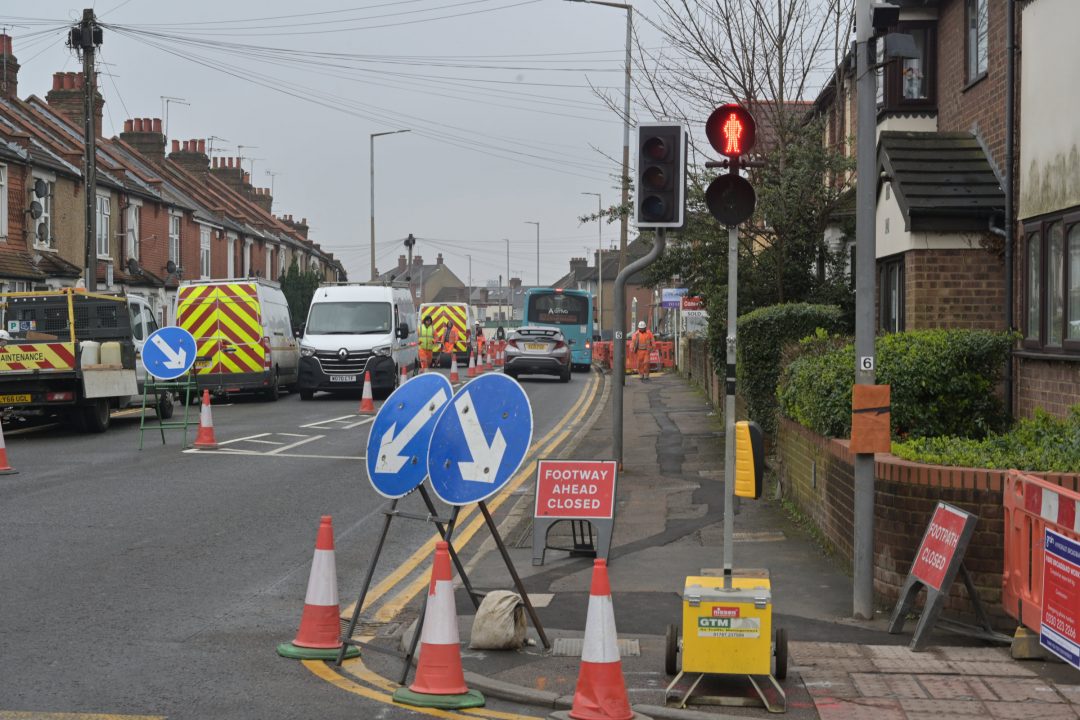
Phone providers have been upgrading household landlines to digital technology which uses an internet connection, to deliver a modern network which is secure, efficient, and fit for the future. For the vast majority of consumers and businesses, this change has been and continues to be straightforward. Nobody will have to lose their landline service because of this change, as there are still options for a ‘landline only’ service should a customer not wish to purchase a general internet connection. Telecoms companies will continue to be bound by the same regulatory obligations as they are today, and this Charter will further strengthen protections for vulnerable consumers.
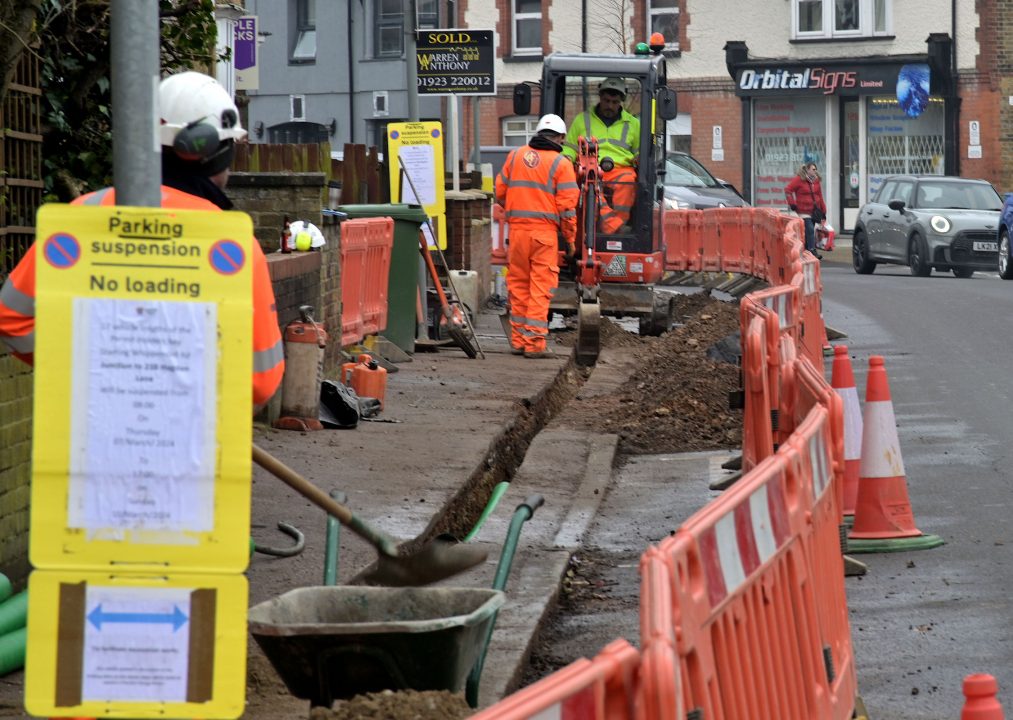
The upgrade of the UK’s telephone lines is not a government programme and does not result from a government decision or policy, and therefore specific questions about how the upgrade programme might affect individuals should be directed service providers.
Rocio Concha, Which? Director of Policy and Advocacy, said:
“We’ve heard of vulnerable people being left unable to contact emergency services due to issues with digital migration, so it is positive that the government is getting assurances from operators as well as providers that they will protect customers during the switchover.
“The government and Ofcom must be prepared to take tough action if firms fail to keep up their side of the bargain. The transition to digital landlines is necessary and offers advantages, but it is vital that no one is left behind as the migration continues.”
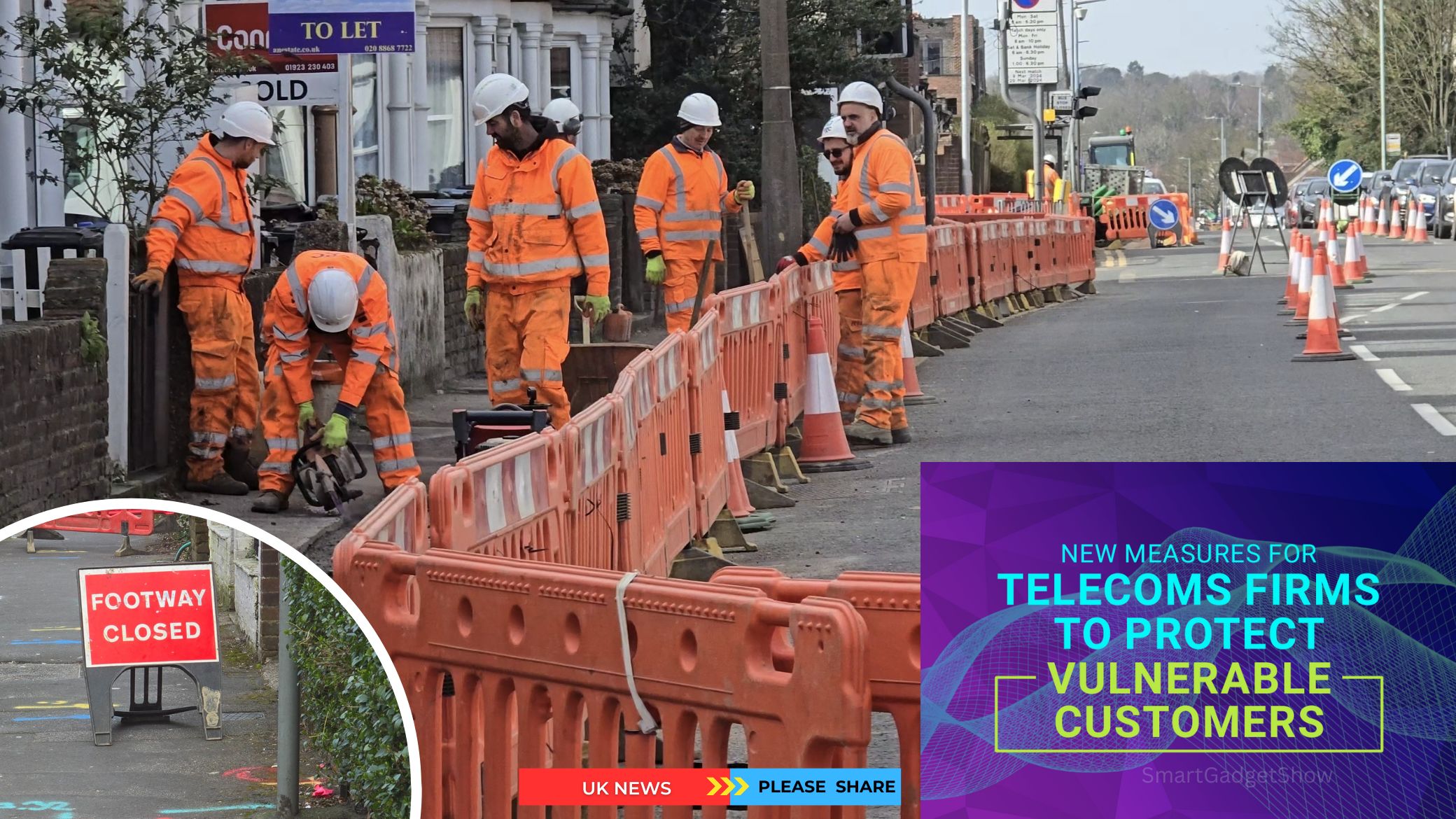
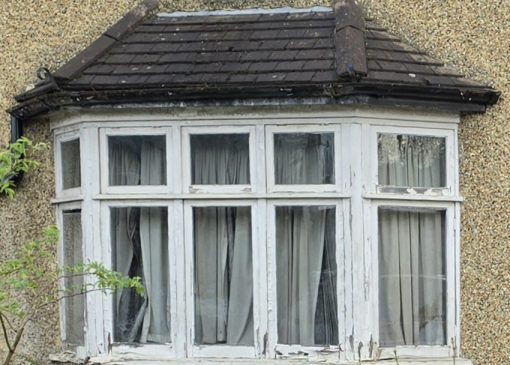

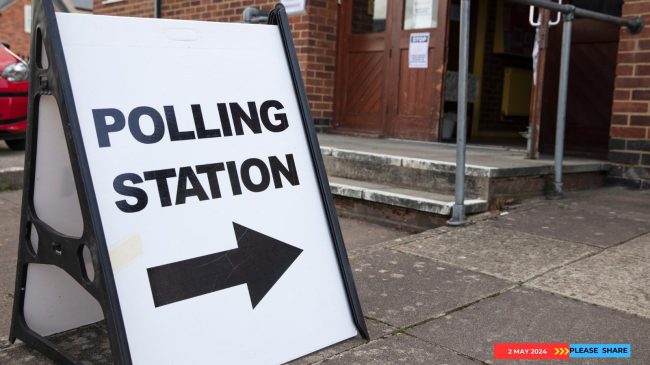
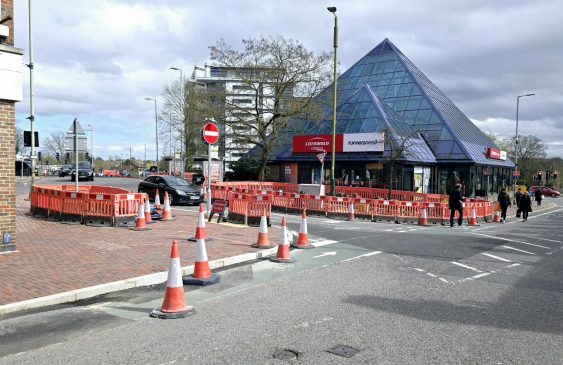

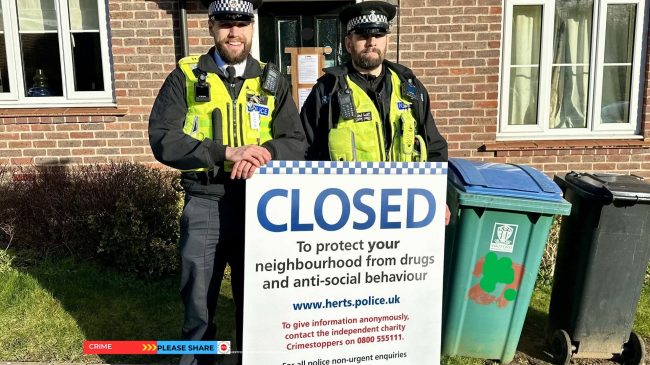
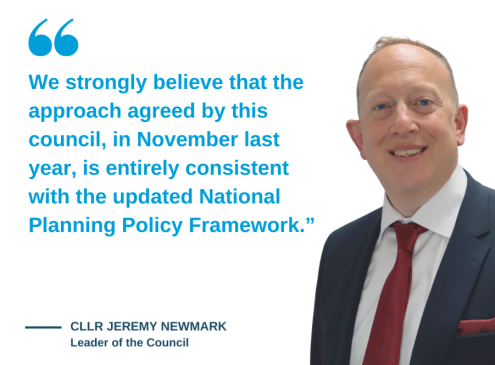



[…] read more at https://watnews.uk/technology-secretary-secures-further-agreement-from-telecoms-firms-to-protect-vul… […]
[…] Technology Secretary secures agreement from telecoms firms to protect vulnerable customers as phone … […]